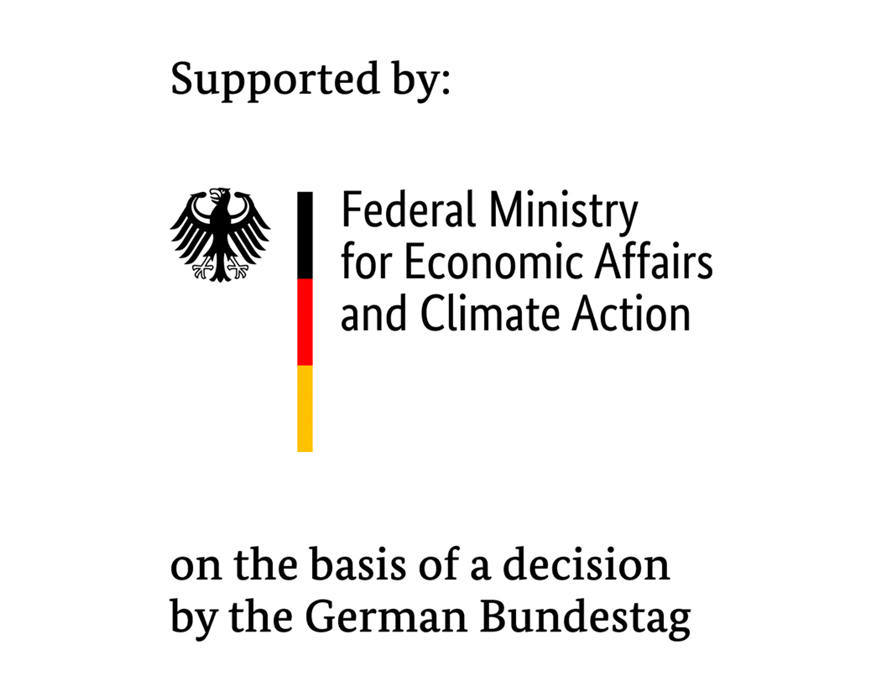| Funding: | Federal Ministry for Economic Affairs and Climate Action (BMWK) |
| Funding amount: | 1,242,508.00 EUR |
| Partner: | Fraunhofer Institute for Energy Economics and Energy System Technology IEE (project coordination), Deutsche Windguard Systems GmbH, Fraunhofer Institute for Intelligent Analysis and Information Systems IAIS, Fraunhofer Institute for Wind Energy Systems IWES, sowatech Softwaretechnik GmbH, Leipzig University |
| Duration: | 08/2020 - 01/2023 |
- Comprehensive and standardized recording of data is an essential requirement for the digitalization of wind farm maintenance.
- There are already standards and guidelines available for the communication of maintenance data (RDS-PP, ZEUS, GSP), but they have only been applied to a limited extent to date. This results in a very wide variety of recording and communication methods, which render automated communication between the parties involved difficult.
- At present, maintenance information is either not yet usable or only usable with considerable personnel effort.
- The aim of the DigMa research project is therefore to develop a digital method for the recording, storage, and communication of maintenance information. Non-digitalized data should also be rendered usable at the same time.
Anyone seeking to drive forward digitalization requires data which can be used well. The same also applies to the maintenance of wind farms, which involves a range of different partners such as operators, service companies, insurance companies, and direct marketers. The data recording and communication is performed in a variety of ways and using a wide range of methods. The consequence is that it is barely possible to evaluate and communicate the data in an automated manner. At the same time, operating experiences are barely comparable.
The Digitalization of Maintenance Information (DigMa) research project has set itself the goal of standardizing and automating the recording, storage, and communication of maintenance information. Similarly, the interfaces and information flows between the parties involved should be optimized and existing processes improved with a focus on cross-company cooperation.
The Fraunhofer IWES’ focus is on methods for the classification of the information on the basis of standards and guidelines. To this end, the Fraunhofer IWES is utilizing its many years of experience in the processing of maintenance information to prepare maintenance reports in an automated manner using a variety of methods (e.g. machine learning).
